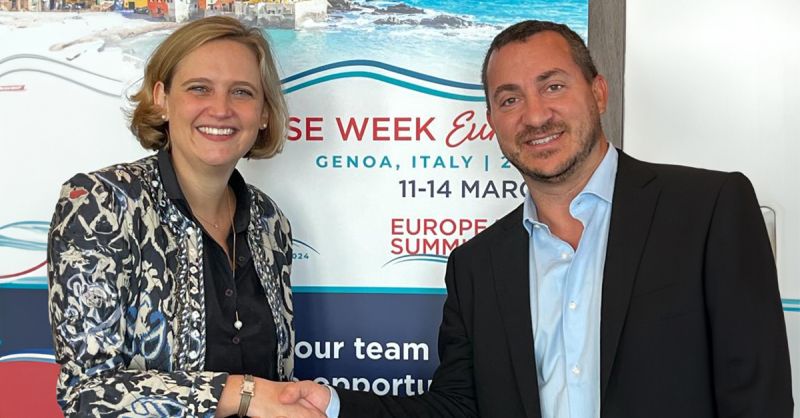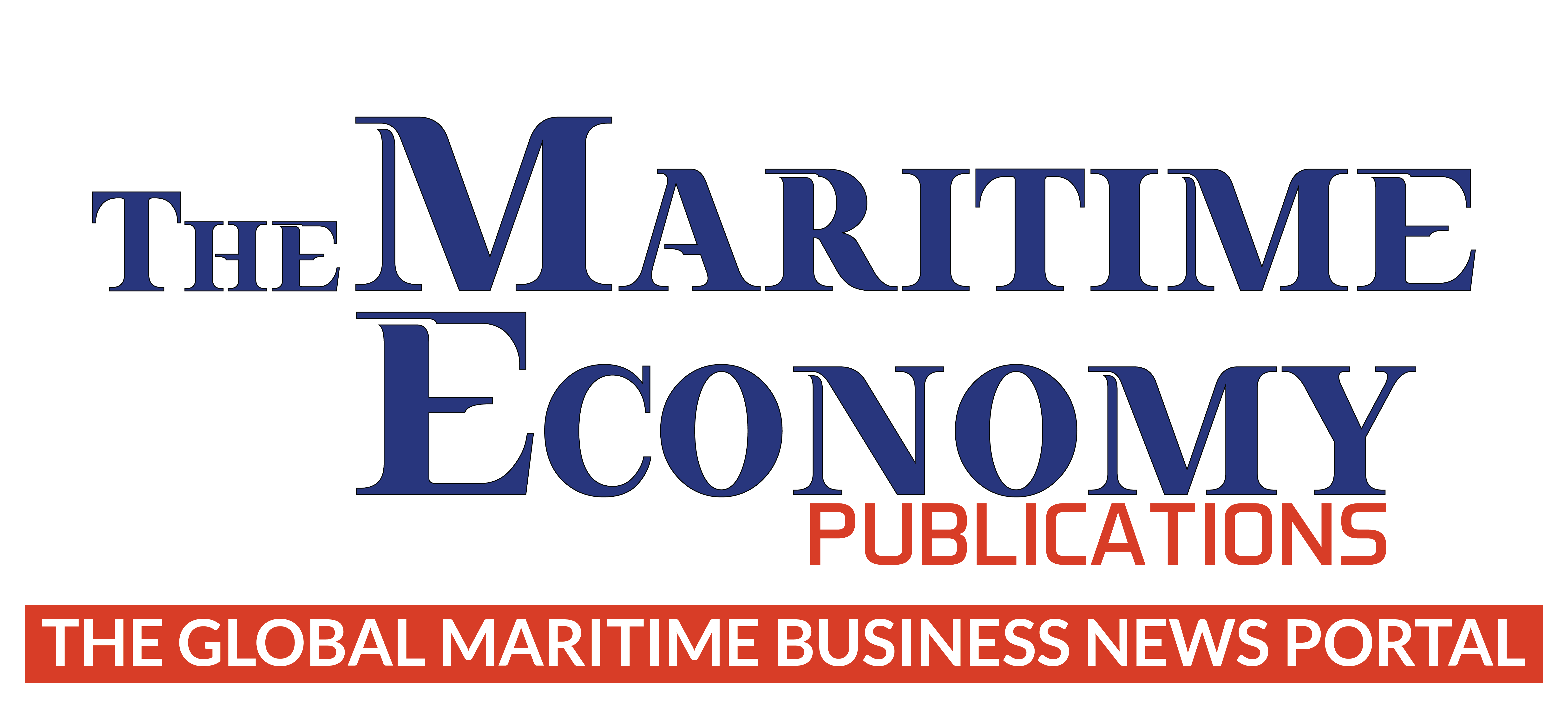Cruising to 2030 and beyond – decisions on near-future newbuildings and existing fleet challenges

MEPC80 outcomes, fit for 55 and the impact of the orderbook all top the cruise segment’s agenda.
2023 was a busy year on the regulatory front, and the cruise industry, like many other sectors, is sizing up the outcomes of July's MEPC80 meeting as well as the inclusion of the maritime sector in the EU Emissions Trading Scheme (ETS) - the world’s first carbon price on shipping which comes into force on January 1.
As other segments evaluate engine retrofits and the installation of energy-saving devices, what impact do the interdependencies between cruise stakeholders have in determining effective choices and how is the sector rising to difficult decisions given some of the uncertainties ahead?
There is no questioning of course, the importance of robust, comprehensive and transparent disclosures to drive and support the sustainability agenda for emerging regulatory requirements.
According to the Cruise Lines International Association (CLIA), accessibility of funding for sustainable shipbuilding will be key to the sectors’ energy transition ambitions, along with port and shoreside infrastructure to keep the transition a fair and equitable one.
“Recognising the importance of the cruise value chain for the European maritime industry, it is vital to enable faster access to funding for sustainable shipbuilding and maritime equipment manufacturing to support Europe’s world-leading position. This will require deployment of sustainable maritime fuels and new technologies to help the sector decarbonise,” says Marie-Caroline Laurent, Director General, Europe, CLIA.
“Implementation of the EU Green Deal to support decarbonisation of cruise will need to ensure adequate port infrastructures are in place. Investment in shoreside electricity must be made available and the development, scale-up and availability of sustainable maritime fuels and related infrastructure must be promoted.” she added.
Whilst the goal of achieving net zero greenhouse gas (GHG) emissions by 2050 is being supported by cross supply chain research and development, in order to assess the various pathways to decarbonisation, a single solution has not yet emerged. Achieving net zero will most likely require a combination of different technologies and fuels.
Michele Landro, LR’s Vice President, Head of Passenger Ships Segment is optimistic about the energy transition pathways open to the cruise sector.
“As cruise lines identify future fuel pathways to move away from fossil fuels, the availability of these alternative fuels will impact how quickly the industry can progress towards a more sustainable future. There is a critical need for governments to invest in the infrastructure necessary to increase availability of bunkering for new fuels at ports around the world and LR is committed to providing support for a regulatory environment that supports the production, distribution, and use of renewable fuels,” he explains.
“CLIA Cruise Week provides the perfect platform for the cruise industry to come together with policy makers, innovators and suppliers. At the LR Cruise Forum during CLIA Cruise Week, we will be engaging with key stakeholders from the sector, focussing on the global energy transition, sustainability and other key issues the cruise sector faces in the coming years.” Landro added.
Lloyds Register is one of the premier sponsors at CLIA Cruise Week - Europe 2024 which will take place between 11-14 March 2024 at the Jean Nouvel Pavilion In Genoa, Italy with the Lloyd’s Register Cruise Forum taking place on 12 March.
